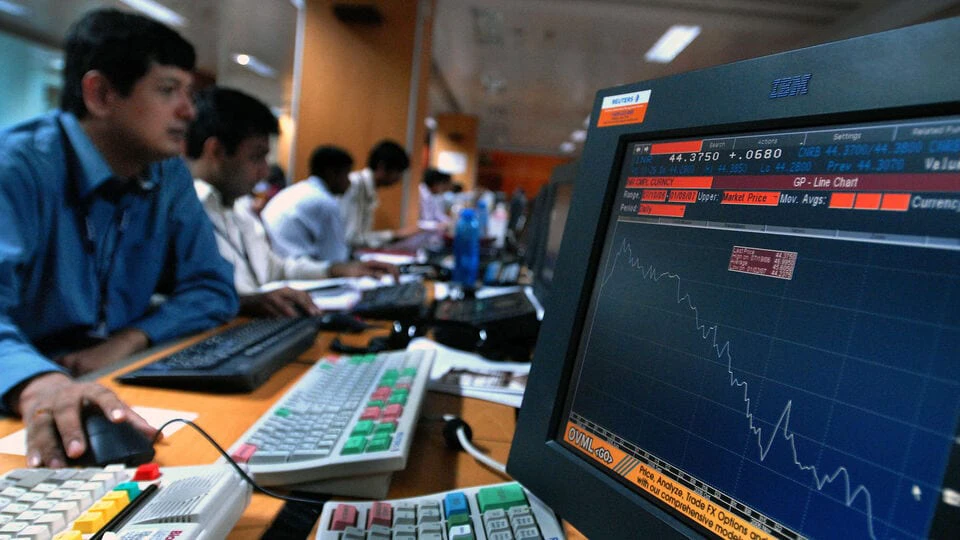Eighth-largest IT services firm Coforge saw its shares decline for the sixth consecutive day on Friday, September 26, falling another 3.3% to the day’s low of ₹ 1,539 apiece, marking its lowest level since May 2025.
The H-1B visa curbs have caused the domestic tech stock to drop 14% over the last five trading sessions, putting it on track to log its biggest weekly decline since early April 2025, when it lost 19% of its value. The sustained fall has also eroded the company’s market capitalisation by ₹9,330 crore, bringing it to ₹51,829 crore as of today.
Although the company earlier this week stated that it has reduced its dependence on H-1B visas, the sell-off in the stock continued, even as global brokerage firms remain bullish on Coforge, noting that it can navigate the issue.
In the financial year 2025, Coforge reported filing only 65 new H-1B visa petitions, of which 63 were approved by the US Citizenship and Immigration Services.
“Over the years, Coforge has consciously reduced reliance on new H-1B petitions for project staffing, reflected in the low number of fresh petitions filed,” the company said in its regulatory filing on September 21. The company generates 53% of its revenue from the United States.
Meanwhile, global brokerage firm Jefferies has highlighted Coforge as one of the best-placed midcap IT firms to navigate this issue, while Japanese brokerage firm Nomura has placed it among its top picks within the midcap IT space.
H-1B visa cost hike, mixed Fed signals hit tech stocks
Market sentiment towards IT stocks turned cautious after the Donald Trump administration increased the fee for new H-1B visas from USD 1,000 to USD 100,000, threatening the sector’s long-standing model of rotating skilled workers through the U.S. India’s $283 billion IT sector, which derives about 57% of its revenue from the U.S., has long benefited from U.S. work visa programs and the outsourcing of software and business services.
The new fee structure sparked concerns that companies could face significantly higher costs and potential delays in deploying skilled workers to the U.S., and the sell-off deepened after the Department of Homeland Security (DHS) proposed amendments to the existing lottery process.
Meanwhile, mixed signals from Federal Reserve officials on interest rates have dampened expectations of two additional rate cuts this year, further weighing on tech stocks.
